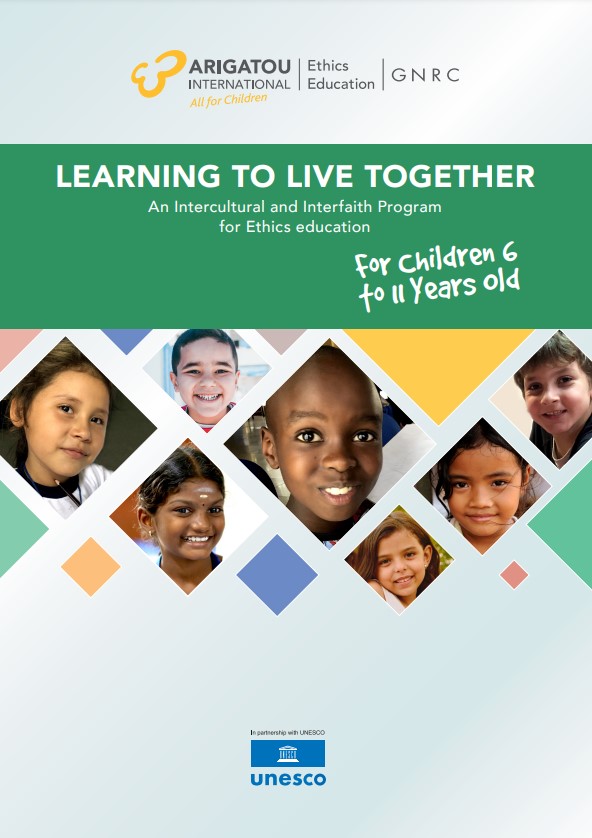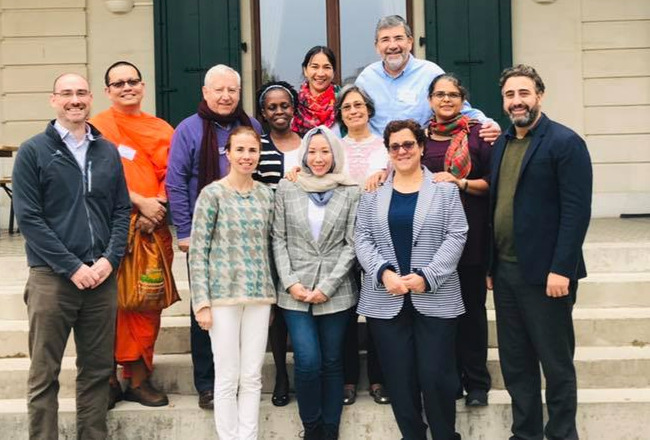Learning to Live Together — Now for Children Ages 6 to 11!
Nurturing ethical values and children’s spiritual development at an early stage can make a significant difference in their lives, their families, and their communities.
Arigatou International – Geneva, with the collaboration of UNESCO, developed a new adaptation of its Learning to Live Together program, to be used with children ages 6 to 11. After a three-year-long adaptation process of the existing manual for use with older children, the program was launched on November 23, 2021, during the Transforming Education symposium.
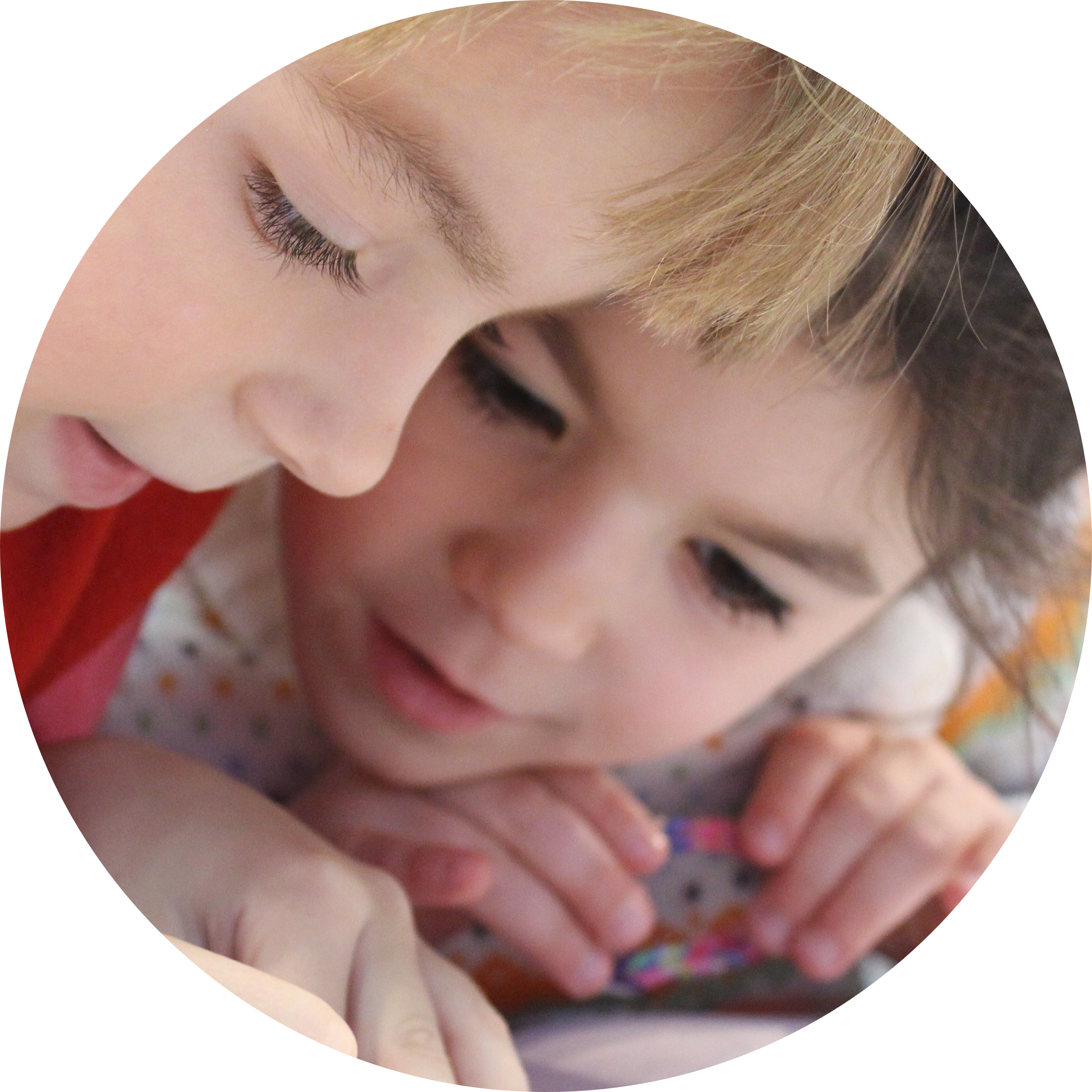
Learning to Live Together – An Intercultural and Interfaith Program for Ethics Education for Children 6 to 11 Years Old is designed to support educators in formal and non-formal educational settings to carry out transformative educational experiences. It provides them with pedagogical guidelines, tools and resources especially tailored for children in this age range.
The manual was developed within the framework of Sustainable Development Goal 4, “Ensure inclusive and equitable quality education and promote lifelong learning opportunities for all,” and is intended as a contribution to the realization and fulfilment of children’s rights.
While the original manual is intended for use with children ages 12 to 18, this new, carefully adapted publication focuses on younger children, allowing an earlier introduction to the practice of reflecting upon their selves as well as their relations with others, with nature, and with that which is referred to as God, the Ultimate, or the Transcendent, and the application of ethical values in their lives.
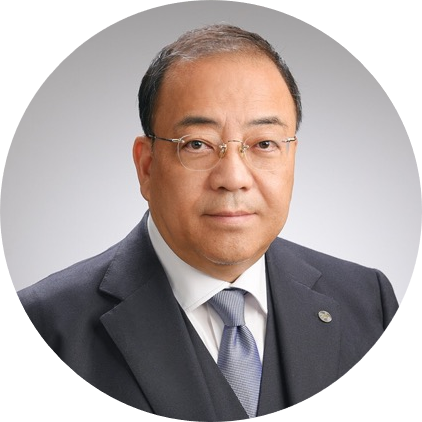
“Learning to Live Together addresses the need to provide children earlier in life with opportunities to strengthen their sense of self and purpose, to learn to empathize with and respect people from diverse cultures, religions, spiritual traditions and beliefs, and to develop 21st-century skills that empower them to learn to reconcile their differences with others, care for the environment, and transform their communities together.”
Rev. Keishi Miyamoto,
President,
Arigatou International.
The adaptation was informed by the findings of a series of pilot workshops with children carried out in 2019 in Ecuador, El Salvador, India, Kenya, Portugal, Romania, and Tanzania, with the support of the Global Network of Religions for Children (GNRC). The pilot workshops demonstrated the potential of the Learning to Live Together program and its transformative pedagogy for creating safe, conducive environments for children to challenge their own prejudices and stereotypes about others, and learn to work together across gender, socioeconomic, religious and ethnic divides.
The years of experience implementing the Learning to Live Together program for children ages 12 to 18 also guided the process and provided important inputs for its adaptation.
A Group of Experts made up of specialists in peace education, interfaith learning, child rights, ethics, quality education, teacher training, children and youth participation, and theologians—coming from different regions of the world and different religious and non-religious backgrounds—guided the process and provided recommendations in terms of content, piloting and finalization.
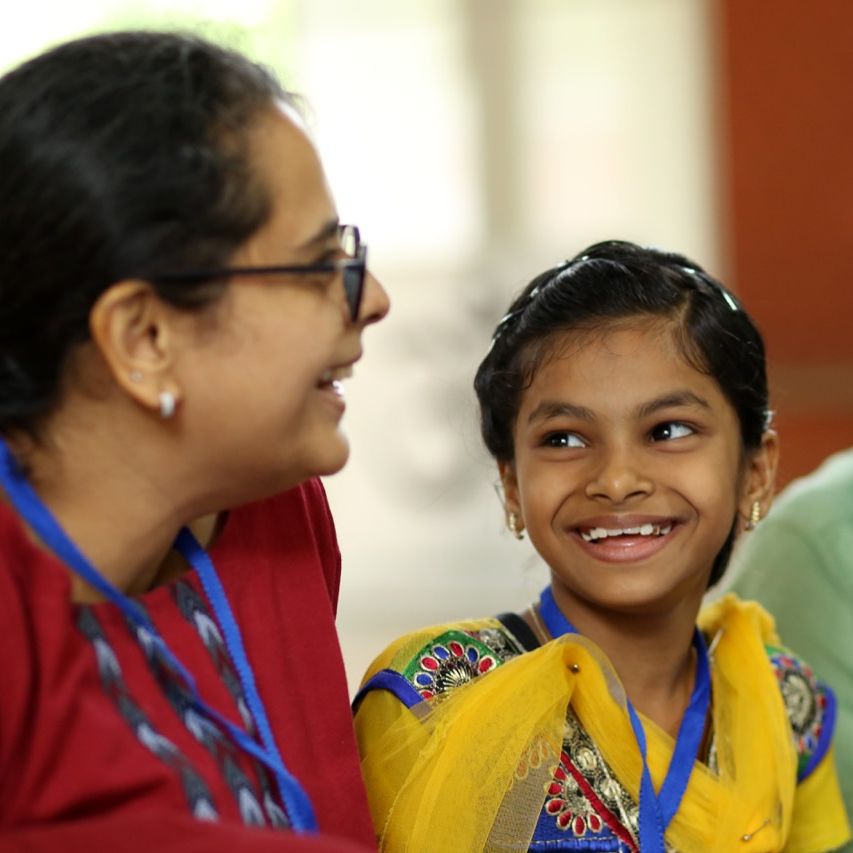
Pilot Workshop in India
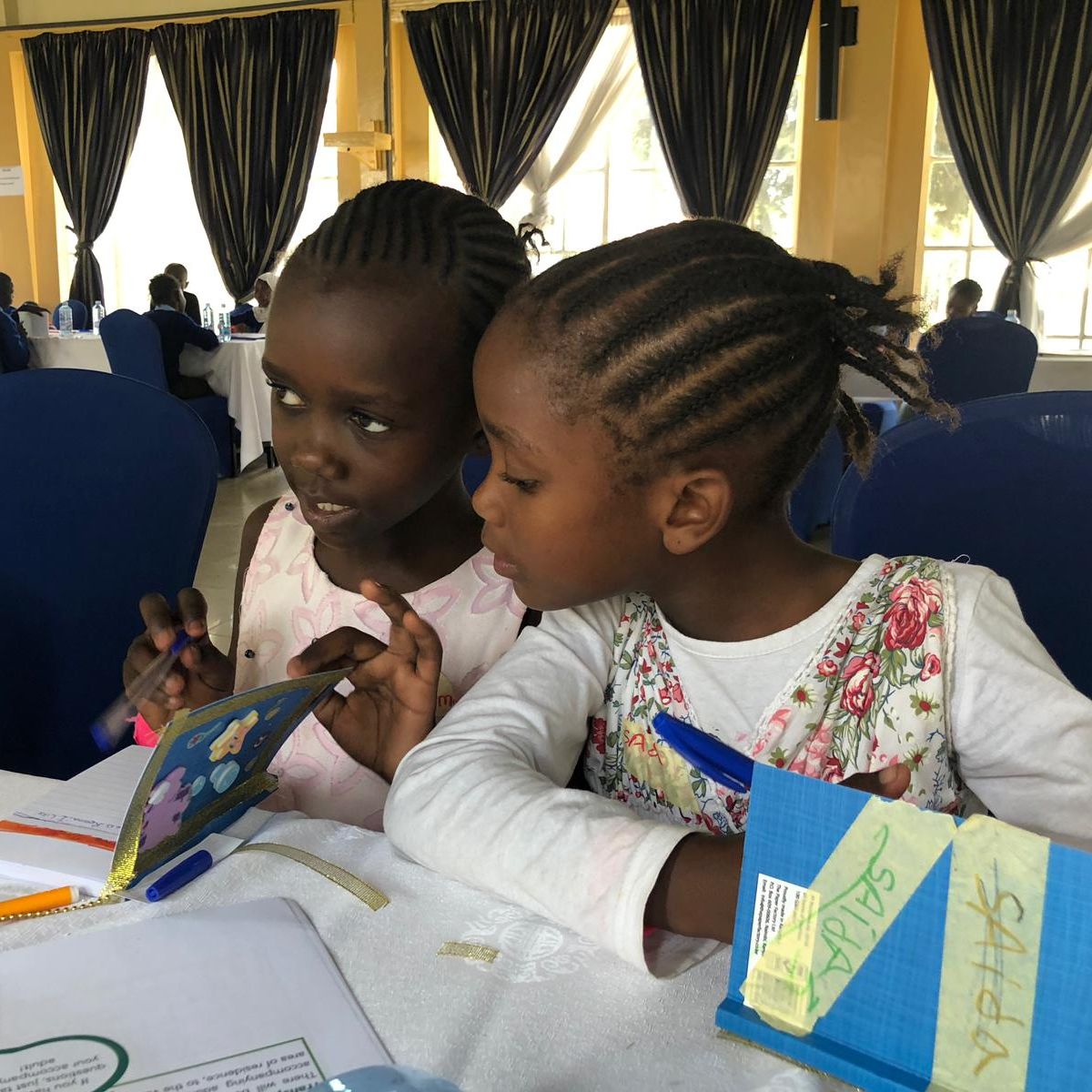
Pilot Workshop in Kenya
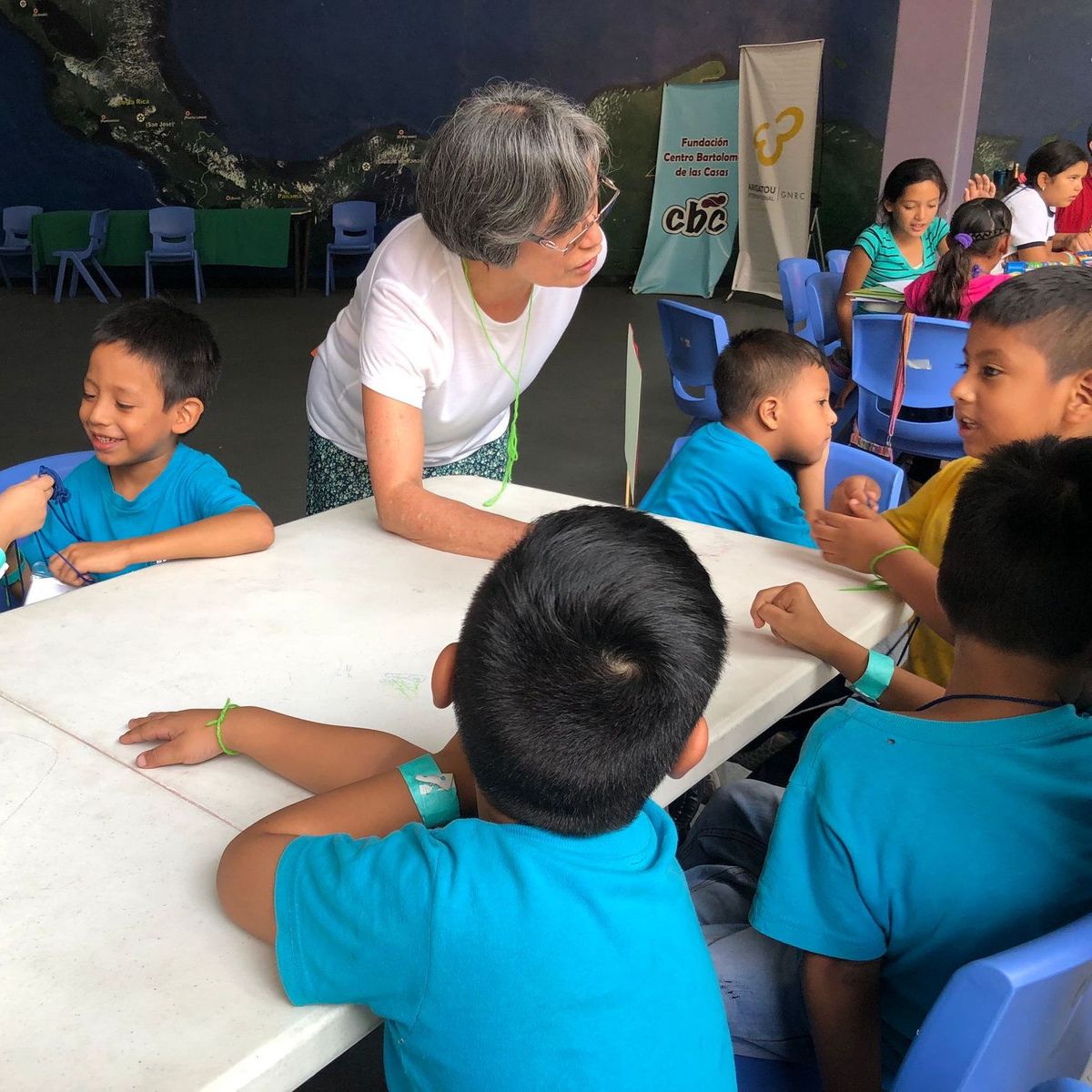
Pilot Workshop in El Salvador
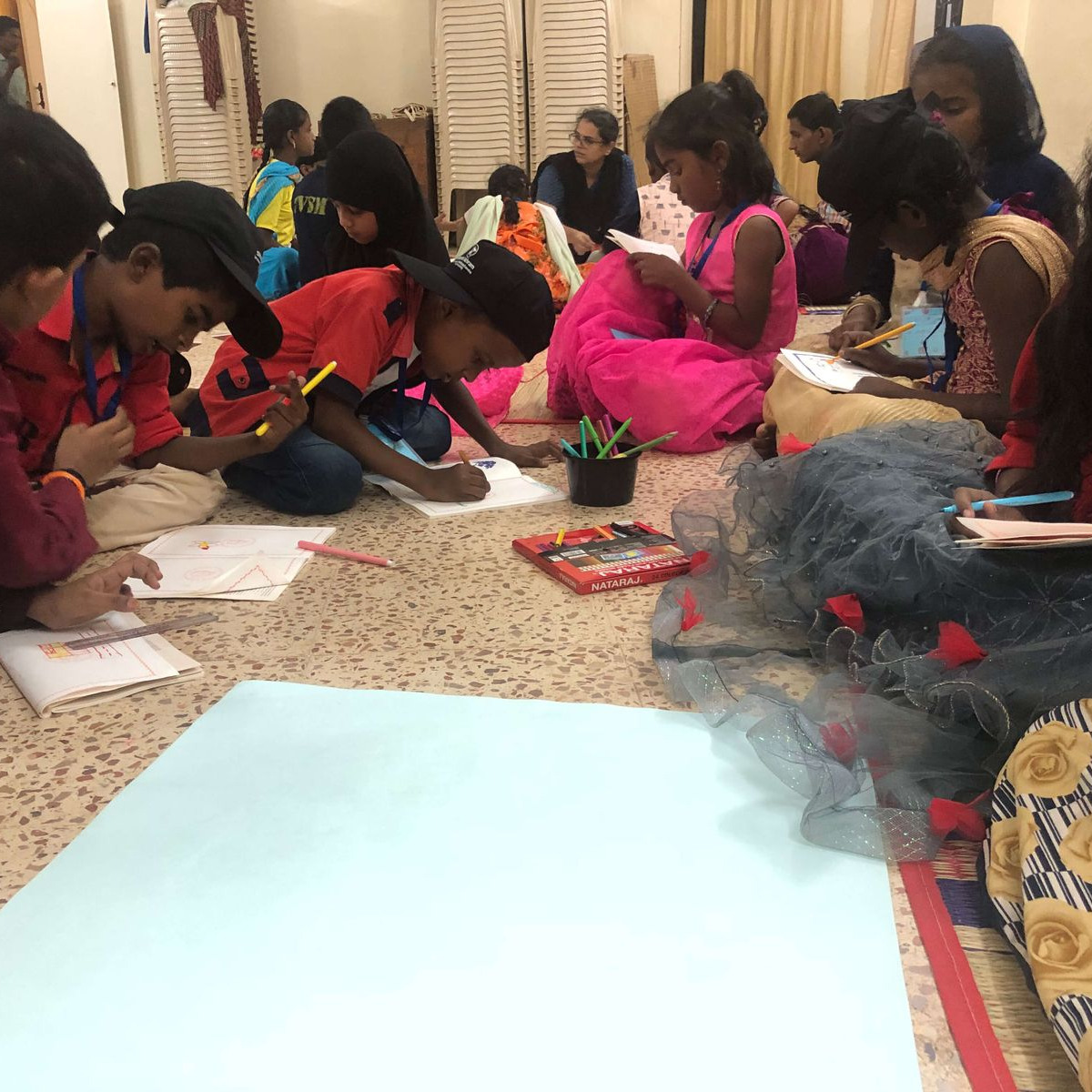
Pilot Workshop in Portugal
A voice from our team:
“After three years of work, and with a heart filled with joy, we launched the Learning to Live Together for children ages 6 to 11. It is my hope that it reaches children across the globe, helping them build the world they dream of, and to grow and reach their full potential.”
Vera Leal,
Head of Programs,
Arigatou International - Geneva
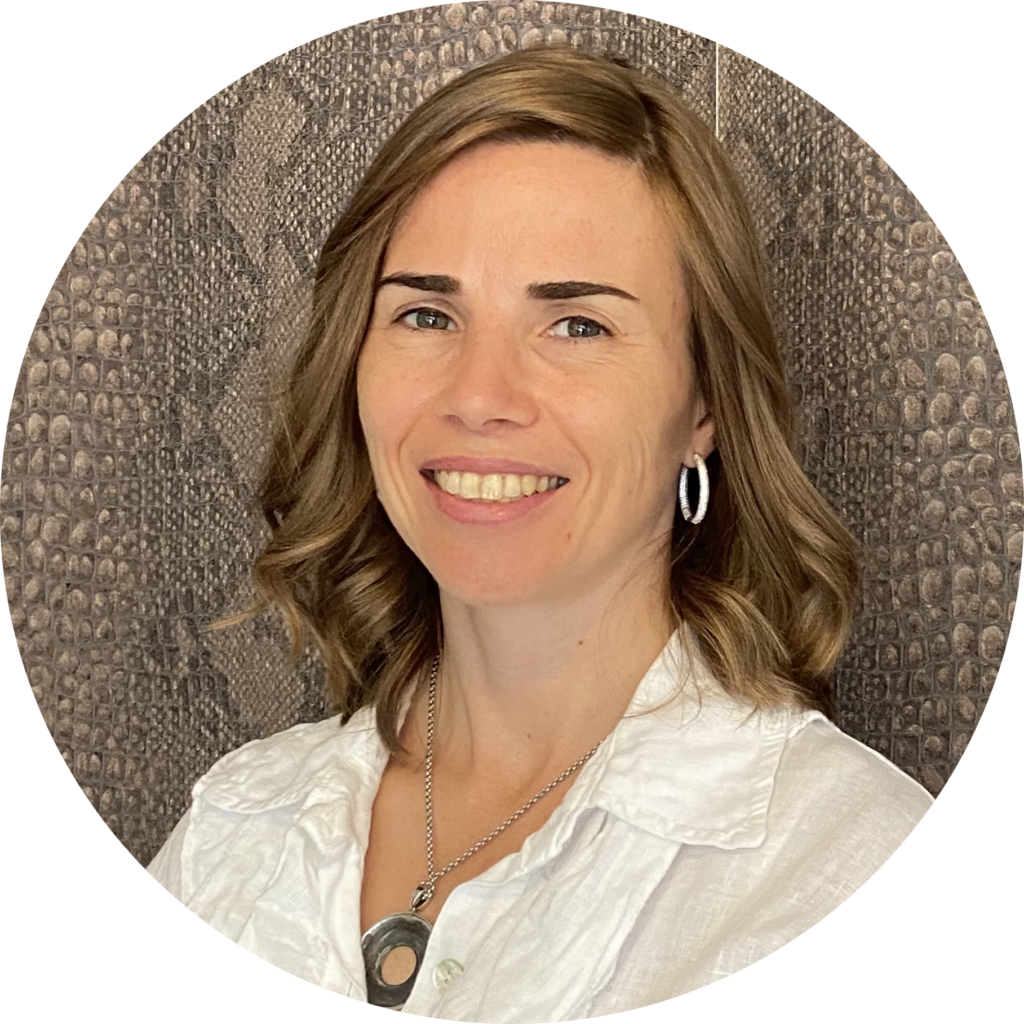
In 2020, the different sections of the manual were developed based on what was learned from the pilots, several stakeholders’ meetings, and the guidance of the Group of Experts. The content was reviewed and tested in 2021 via additional pilot workshops with children in Bhutan and Indonesia, and in meetings with various stakeholders in the United States and the Middle East.
The manual includes the ethics education conceptual framework, important considerations on the spiritual and ethical development of children in the middle childhood years, as well as a user’s guide, a learning module, monitoring and evaluation tools, and more than 50 practical activities and additional resources for educators.
The new manual will also be published in Spanish in 2022 and regional or national launches will be held in various locations. A training strategy will be rolled out in collaboration with different partners to build capacities to use this new resource.
